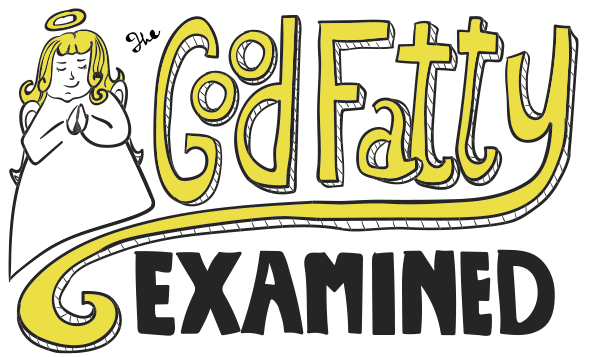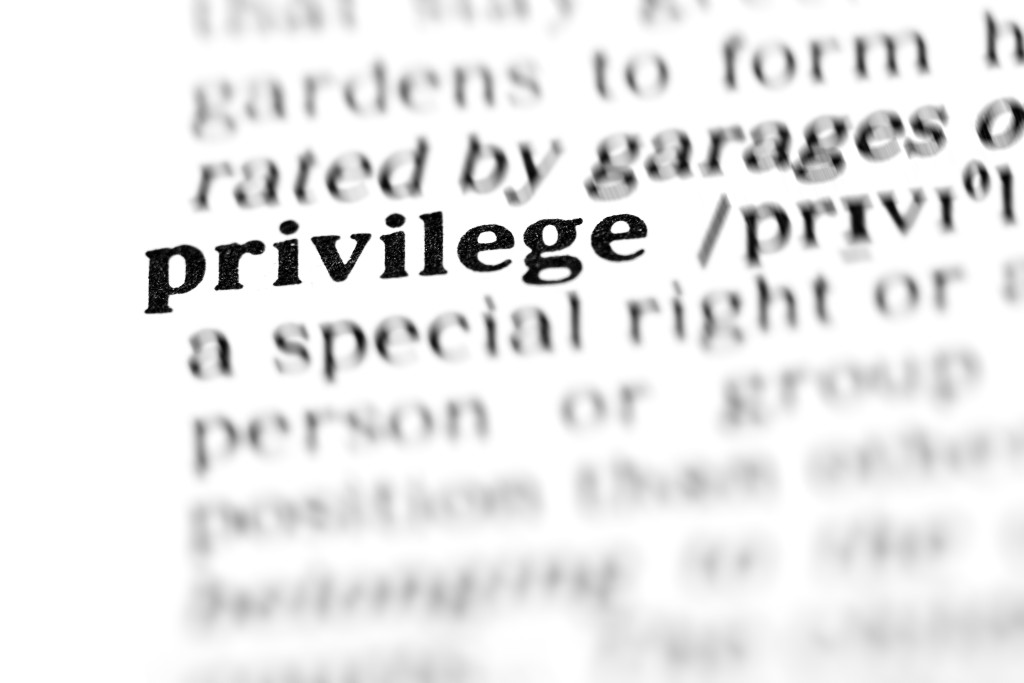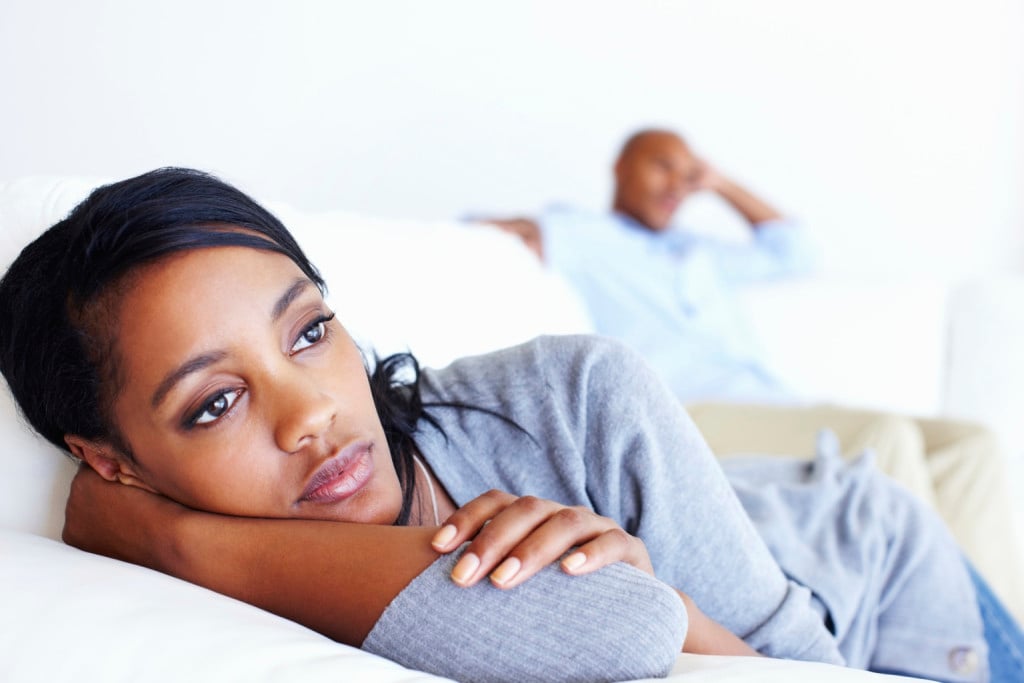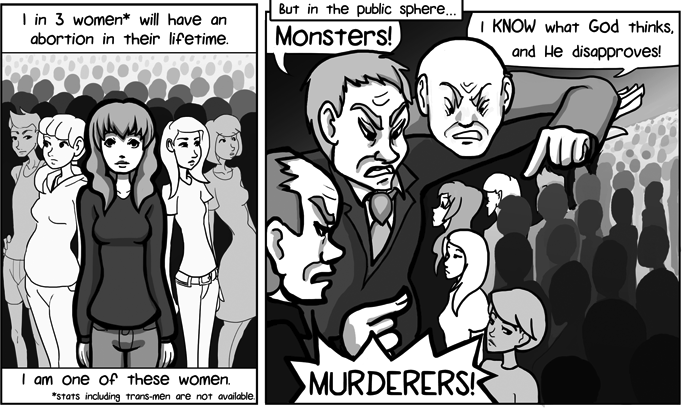Posts
Examining 12 ‘Good Fatty’ Archetypes We Depend On
“Good fatty” is usually used to describe a fat person who at least believes in the socially constructed viewpoint that their number one goal in life should be losing weight. But upon closer inspection, there are a few “good fatty” archetypes that we, as a society, depend on – all with their own unique purposes in the fat-antagonistic machine. Here are twelve to consider in your activism.
Read MoreWhen Privilege Goes Pop: How Today’s Mainstream Conversations On Privilege Can Hurt Justice Movements
We live in a time when conversations about privilege have become incredibly commonplace. It feels like privilege has gone pop – and that’s not necessarily a good thing. Because when we talk about privilege, we must do so with the kind of complexity that holds people of privilege accountable. So how does pop cultural privilege discourse hurt movements for justice? Read on.
Read More50 Shades of Abuse: 10 Signs of Unhealthy Relationships a la Christian Grey
There are a lot of reasons why folks are up-in-arms about “50 Shades of Grey.” Here are ten ways that the book (and their subsequent film) shows clear signs of abuse – especially emotional abuse, which can be harder to pinpoint if you’re not sure which red flags to pay attention to. Use this article as a guide for thinking through the relationship in “50 Shades.”
Read MoreAbortion Is a Real Experience, Not a Political Tool
This comic shows why we reserve the right to discuss our own lived experiences of abortion in order to spread truth, rather than the fear-mongering of using abortion as a political tool.
Read More5 Reasons Shaming Survivors into Reporting Rape Is Counter-Productive
(Trigger Warning: Rape and rape culture) Do you believe reporting rape is the best way to fight rape culture? A lot of people do, and it’s understandable to think that reporting rape would lead to more rape convictions and prevention. But the truth is, it’s not that simple. To tackle rape culture, we have to challenge the dangerous idea that survivors have a responsibility to report and support the choices of survivors.
Read More






